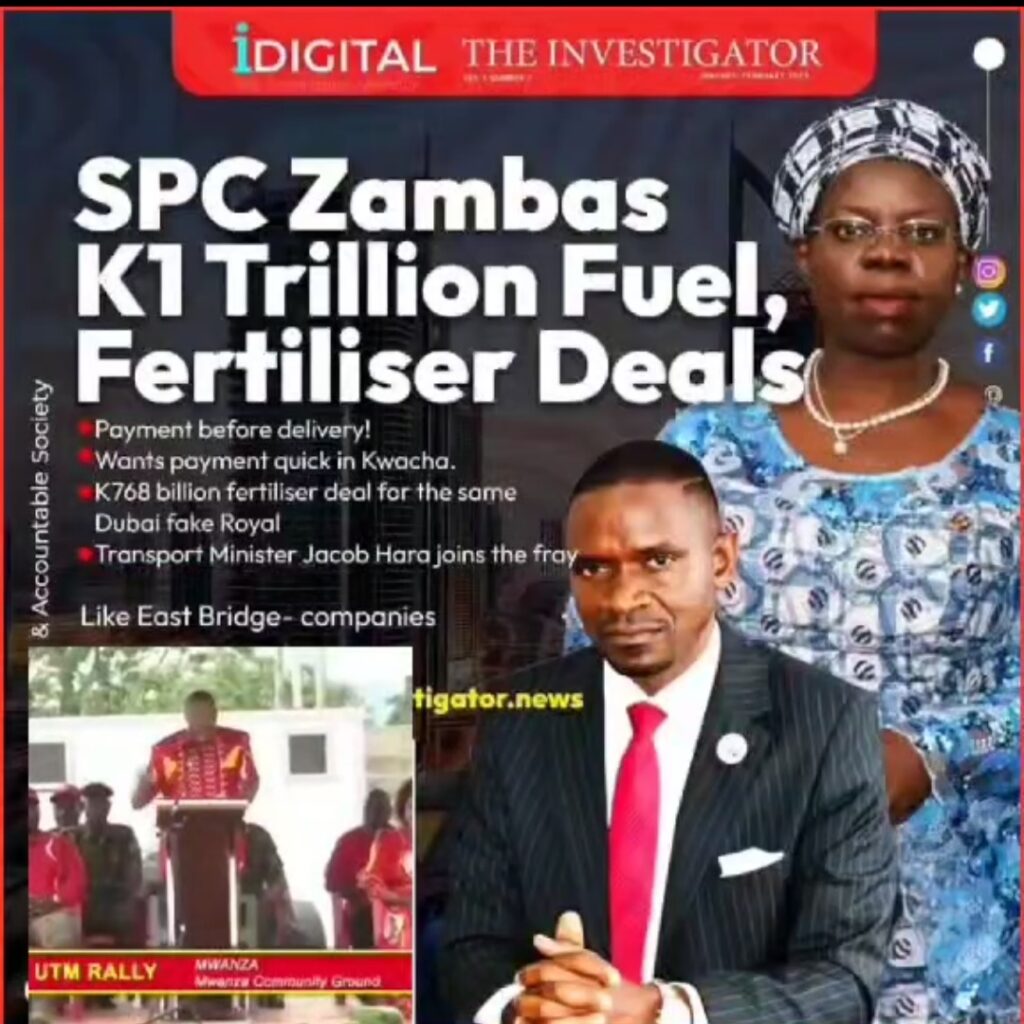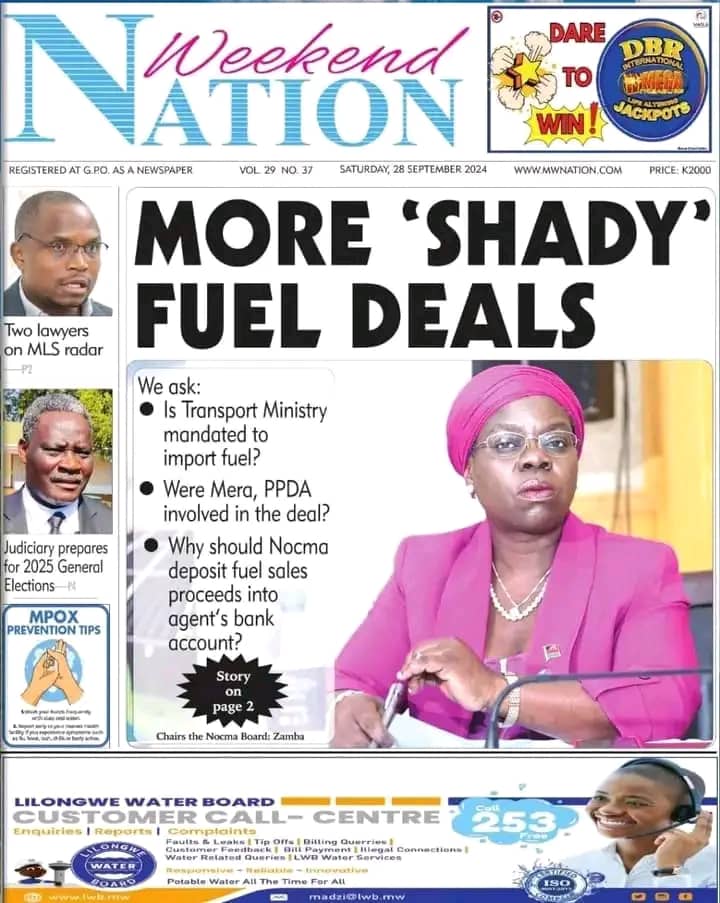By Burnett Munthali
The resurfacing of the notorious “Cashgate” scandal under the Tonse Alliance government has raised concerns across Malawi, with many questioning the administration’s commitment to fighting corruption. Cashgate, a massive embezzlement scheme that was first exposed in 2013, saw billions of Kwacha siphoned from government accounts through fraudulent contracts, inflated payments, and non-existent projects. At the time, the scandal damaged Malawi’s international reputation and strained its relationships with foreign donors. Now, it appears that similar patterns of corruption are emerging under the current government.
When President Lazarus Chakwera took office in 2020, one of his core promises was to combat corruption and restore accountability in government institutions. The Tonse Alliance, a coalition of several political parties, came to power with the promise of change. However, recent allegations suggest that public funds are once again being mismanaged, and the same rot that plagued previous administrations may be creeping back into the system.

Reports of suspicious payments, unaccounted-for public funds, and government officials involved in shady dealings have raised alarms. While investigations are underway in some cases, there is a growing perception that the same mechanisms that enabled Cashgate to flourish are still in place. Critics argue that despite promises of reform, corruption remains deeply entrenched in Malawi’s political landscape.
One of the key factors enabling the return of Cashgate-like activities is the lack of transparency in public financial management. Although the government has made strides in implementing fiscal reforms, much remains to be done. The recent reports indicate that corrupt officials are still finding ways to exploit loopholes in the system, funneling public funds for personal gain. This has raised concerns about the effectiveness of institutions like the Anti-Corruption Bureau (ACB) and the Auditor General’s office in holding those responsible accountable.
Despite these concerns, there is a noticeable delay in prosecuting high-profile corruption cases, leading to accusations that the Tonse Alliance is reluctant to target key political figures involved in these scandals. The government’s selective approach to dealing with corruption has further eroded public trust, with many calling for more decisive action.
The return of Cashgate-like corruption under the Tonse Alliance poses a serious threat to Malawi’s reputation on the global stage. The original Cashgate scandal caused international donors to withhold aid, which in turn led to severe economic consequences for the country. With Malawi heavily reliant on foreign assistance for its budget, the re-emergence of corruption could have long-lasting repercussions on its economy.

The perception that Malawi is once again unable to control public sector corruption could jeopardize future donor relationships and reduce investor confidence. This comes at a critical time when the country is grappling with economic challenges, including high inflation, a growing debt burden, and the need for substantial public investments to revive key sectors.
For ordinary Malawians, the return of Cashgate represents more than just political scandal — it reflects the failure of the government to improve their daily lives. With the cost of living rising, access to basic services declining, and unemployment rates still high, the reappearance of corruption feels like a betrayal of the hopes many had when the Tonse Alliance took power.
The public’s growing frustration is evident in civil society’s increasing calls for accountability and transparency. Numerous protests have been held, demanding action from the government. Citizens are tired of watching their country’s resources wasted while their living standards continue to deteriorate.
If the Tonse Alliance government is to regain public trust, it must take immediate and meaningful action to address the return of Cashgate-like corruption. This means strengthening oversight institutions, ensuring that investigations are swift and impartial, and holding all individuals involved in corruption accountable, regardless of their political affiliations.
In addition to prosecuting those responsible, the government must also implement reforms to prevent future occurrences. This includes improving public procurement systems, enforcing strict financial controls, and promoting transparency in the allocation and use of public funds.
The resurgence of Cashgate under the Tonse Alliance is a clear indication that Malawi’s fight against corruption is far from over. As the government grapples with these challenges, it must remember that its mandate to lead came with the promise of change. Without decisive action to root out corruption, Malawi risks repeating the mistakes of the past, and the country’s future progress will be compromised.
The stakes are high, and the public’s patience is running thin. The Tonse Alliance must act now to stop the spread of corruption before it undermines everything the government was elected to achieve. The return of Cashgate is a warning sign, and ignoring it will only lead to further disillusionment and national decline.




